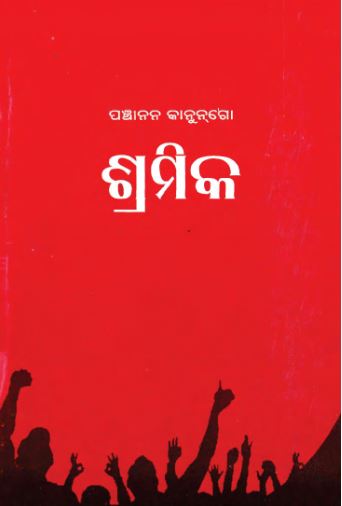The book “Sramika” by Panchanan Kanungo is a groundbreaking work in the field of Odia literature. Published in 2016, this book sheds light on the plight of the working class in society and advocates for their rights and betterment. Kanungo, a renowned writer and social activist, delves into the issues of socialism, organization, rights, and the evil of child labor in this remarkable piece of work.
One of the main themes explored in “Sramika” is socialism. Kanungo delves into the concept of socialism and emphasizes the importance of collective ownership and control of the means of production. He highlights the inequality and exploitation faced by the working class in a capitalist society and advocates for a more equitable distribution of resources and wealth. Through his powerful prose, Kanungo challenges the existing social and economic structures and calls for a more just and equal society.
Furthermore, Kanungo discusses the importance of organization among the working class in order to fight for their rights. He emphasizes the need for solidarity and unity among workers in order to resist exploitation and oppression. Through examples and anecdotes, Kanungo demonstrates how organized labor movements have led to significant improvements in the lives of workers and have brought about positive societal change. He calls upon workers to come together, form unions, and collectively fight for their rights and dignity.
One of the key issues addressed in “Sramika” is the rights of the working class. Kanungo argues that all workers, regardless of their socio-economic status, deserve to be treated with dignity and respect. He highlights the importance of fair wages, safe working conditions, and access to basic necessities such as education and healthcare. Kanungo calls upon society to recognize and respect the rights of the working class and to ensure that they are not subjected to exploitation or discrimination.
Moreover, “Sramika” also sheds light on the evil of child labor. Kanungo paints a stark picture of the harsh realities faced by millions of children who are forced to work in hazardous conditions instead of enjoying their childhood. He calls for an end to this inhumane practice and advocates for laws and policies that protect the rights of children and ensure their access to education and a better future. Through poignant storytelling and compelling arguments, Kanungo raises awareness about the need to eradicate child labor and provide a safe and nurturing environment for all children.
In conclusion, “Sramika” by Panchanan Kanungo is a powerful and thought-provoking book that addresses the issues of socialism, organization, rights, and child labor in society. Through his eloquent writing and passionate advocacy, Kanungo urges readers to reflect on the injustices faced by the working class and to take action to bring about positive change. This book is a must-read for anyone interested in social justice, labor rights, and the empowerment of marginalized communities.
Books Info
| Books name | Sramika/ଶ୍ରମିକ |
| Author | Panchanan Kanungo |
| No Of pages | 68 |
| Publisher | Institute Of Public Finance |
| Publication | 201`6 |
| Printed At | Padma Comercial Center |
| Distributor | NA |

